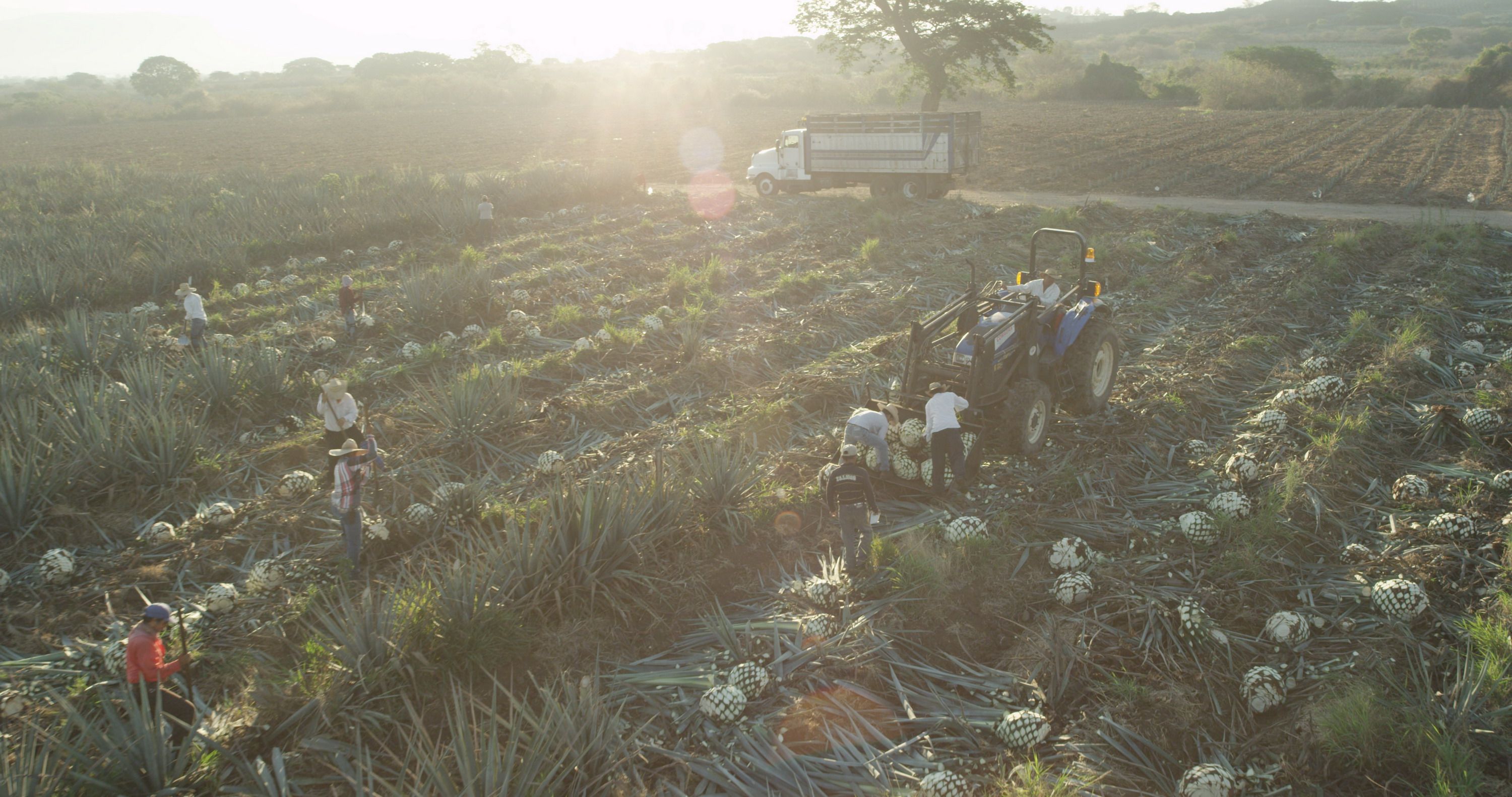Remember when Ford started stuffing soy into the headrests of the F-150, Taurus, and Fusion back in 2011? Well, the automaker is always striving to make its productions processes more eco-friendly. Right now all those nifty plastic pieces inside Ford vehicles – you know, the center console, door trim panels, and the like – are all derived from petroleum and natural gas, both of which are far from “green.” All that could change, however, if a new collaboration between Ford and Jose Cuervo actually pans out.
Don’t worry, you didn’t misread that. Ford is teaming up with Jose in hopes of using a leftover byproduct of the company’s distillation process to make more eco-friendly plastic components for its entire lineup of vehicles. See, Jose Cuervo uses agave plant to make that tasty tequila that you either love or hate. Once the plant is harvested, it is roasted, pressed, fermented, and distilled to make tequila. The leftover agave fibers are currently being used as compost by Jose Cuervo, but Ford has the brilliant idea to collect the leftover fibers and use them to create interior and exterior car parts.
Believe it or not, the plan is highly feasible. Jose Cuervo harvests upward or 200 to 300 tons of agave per day, which computes to, well, a hell of a lot of leftover fibers. Ford’s initial testing shows that the eco-friendly plastic made from agave looks good enough and is strong enough to be used for things like coin dishes, wiring harnesses, storage bins, and even things like cup holders, fuse boxes, and HVAC units.
Continue reading for the full story.
Why it Matters
While we’re really just talking about some leftover plant fibers that are normally used for compost, this is actually a pretty big deal. It will cut down Ford’s dependency on fossil fuels pretty dramatically. Ford may not be able to use the material for all plastics, but if it can be used for things like HVAC units, it can be used for plastic body parts, and just about any plastic retainer that you can find on a Ford F-150, Ford Focus, or any other vehicle that manufacturer produces. For reference, Ford produced 2,493,918 vehicles in 2013, which means Ford could be making a lot of agave-derived plastics in the near future.


